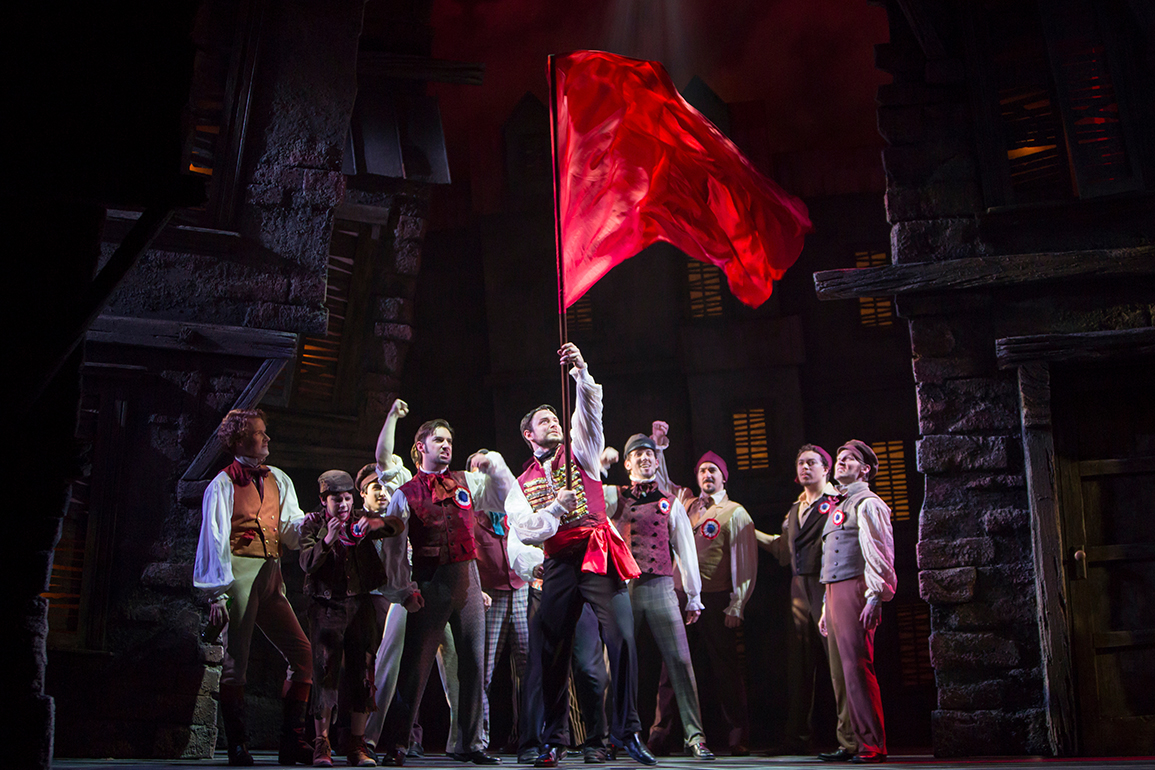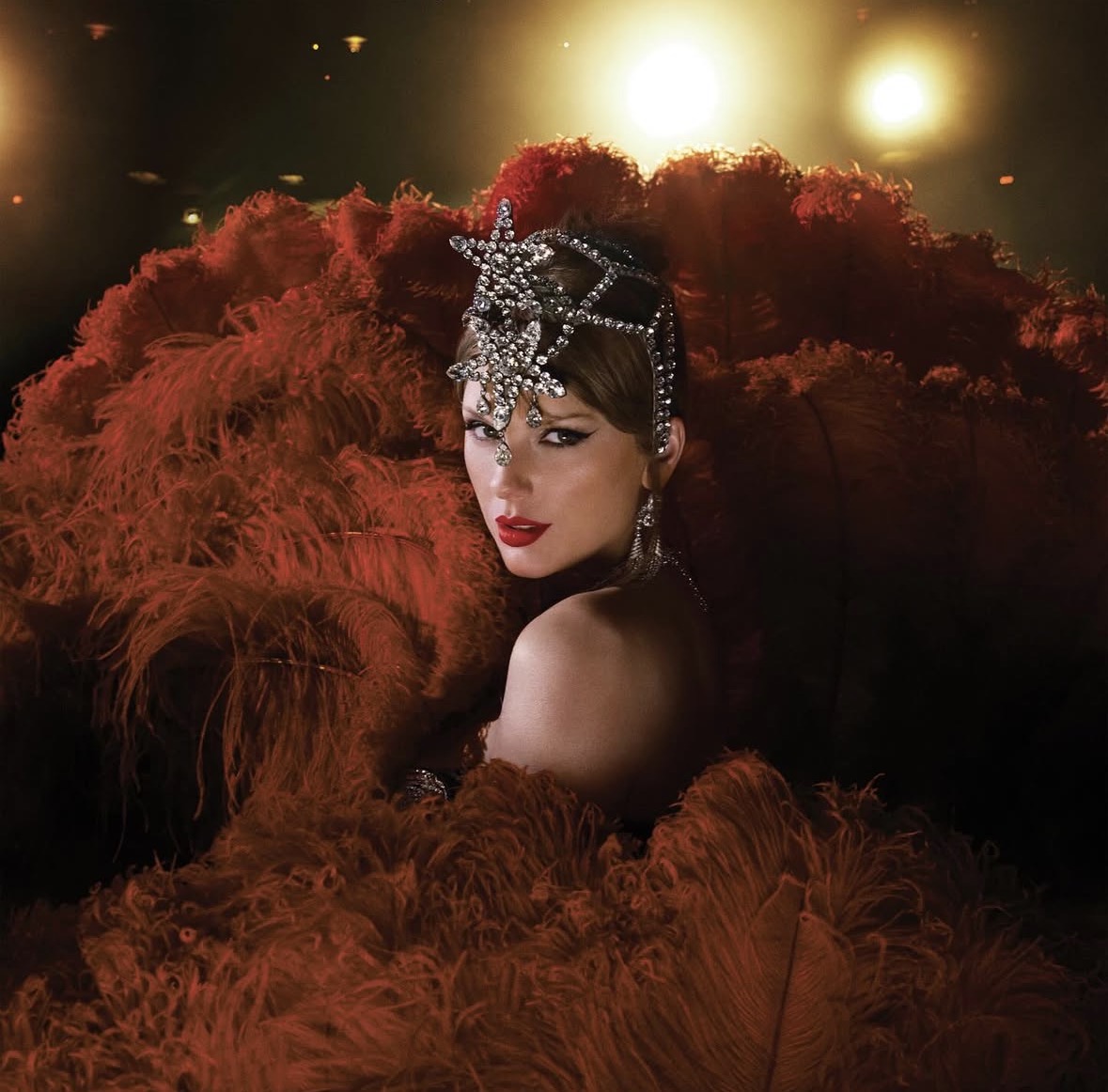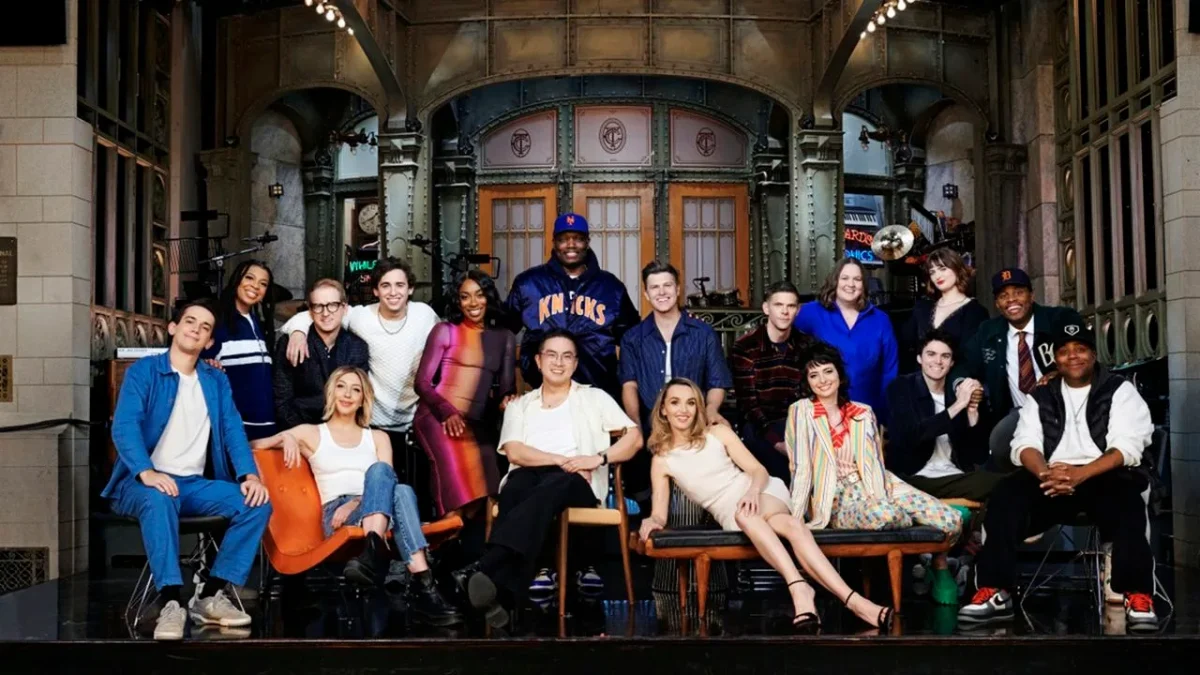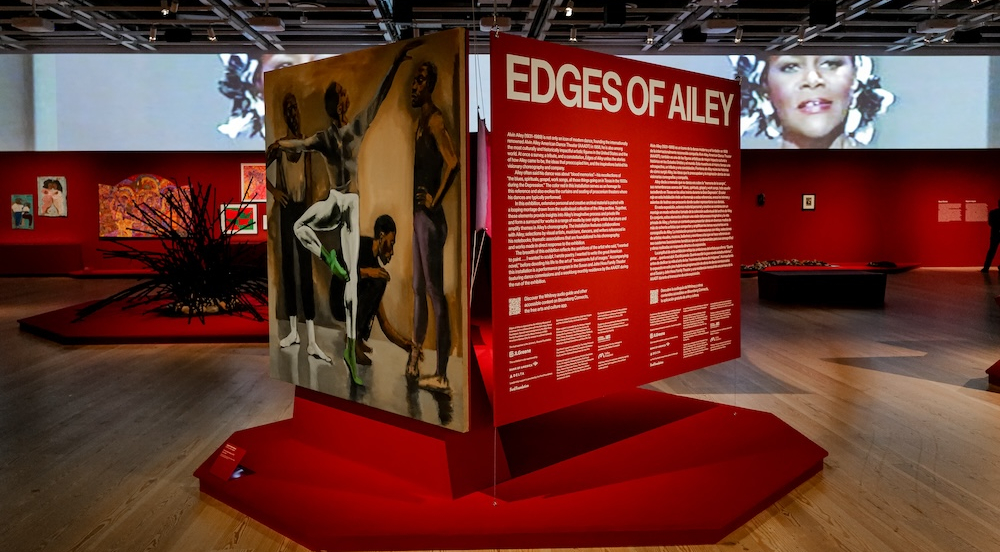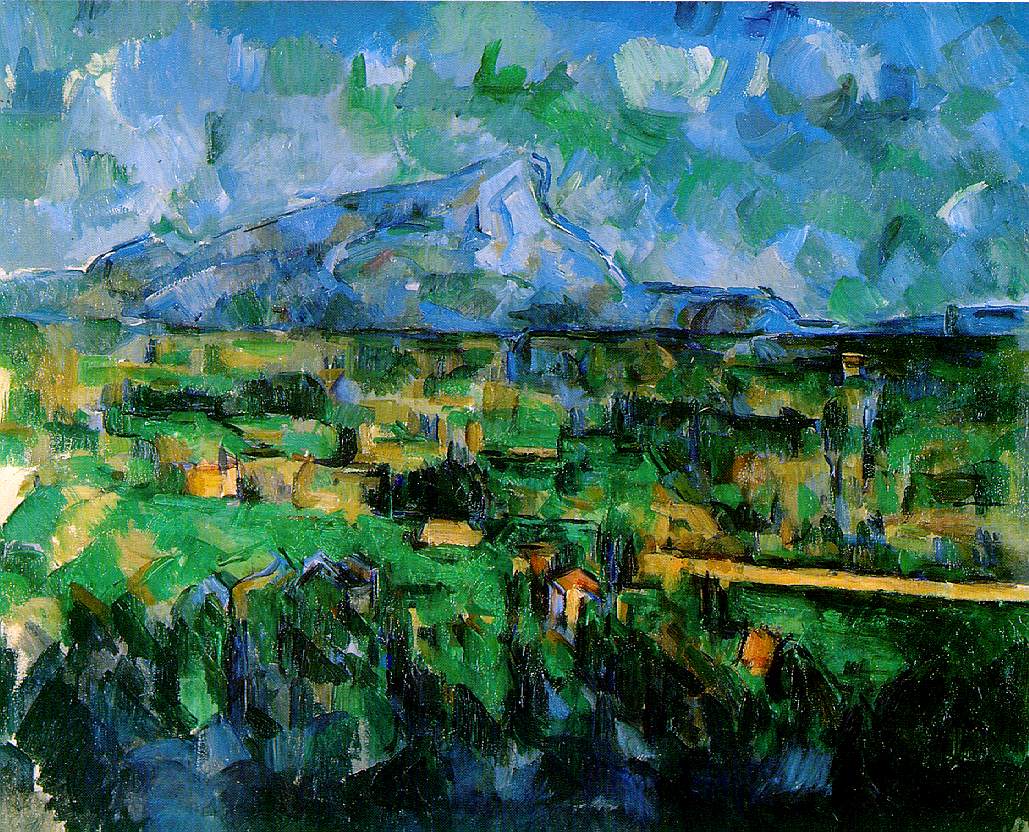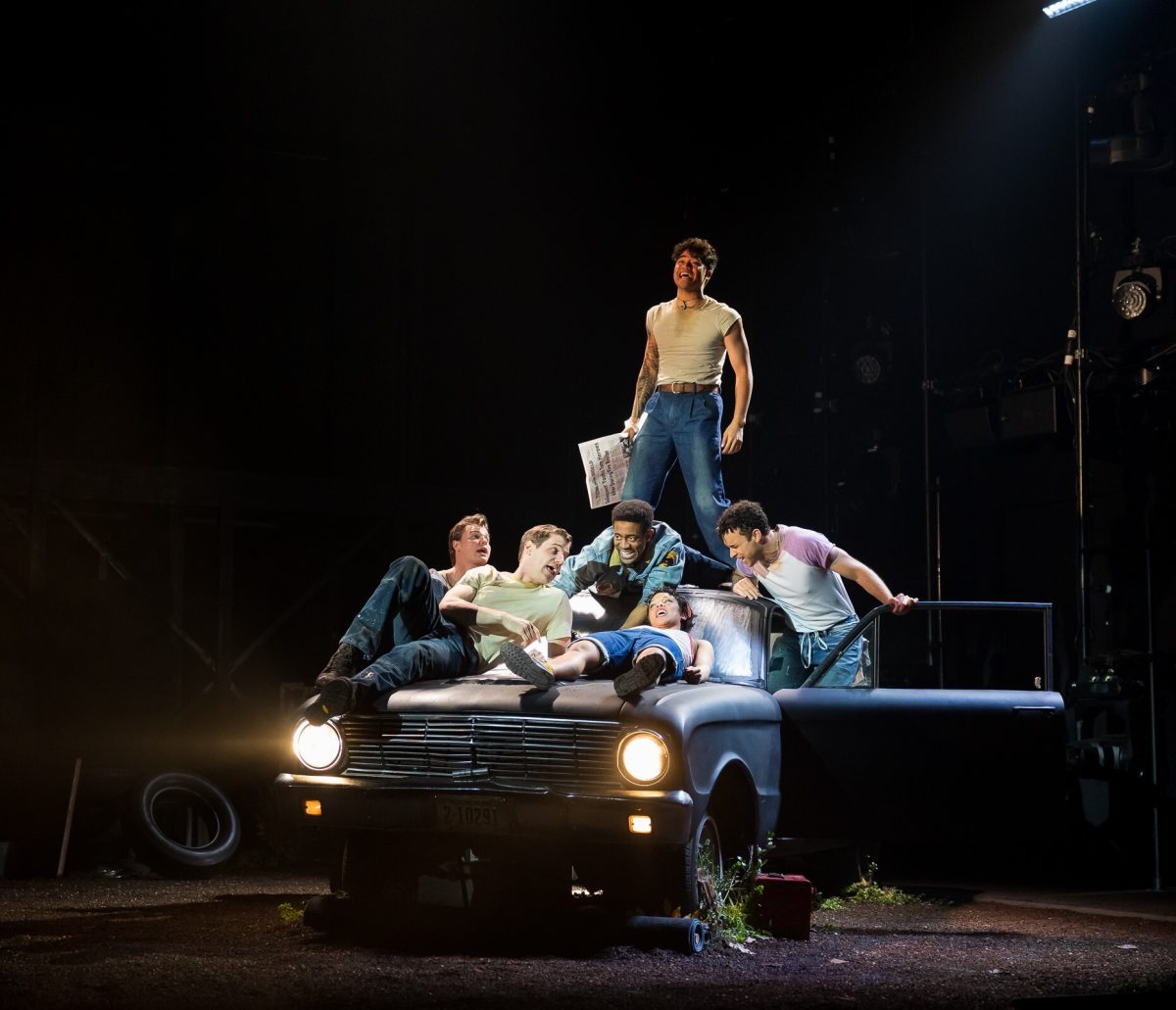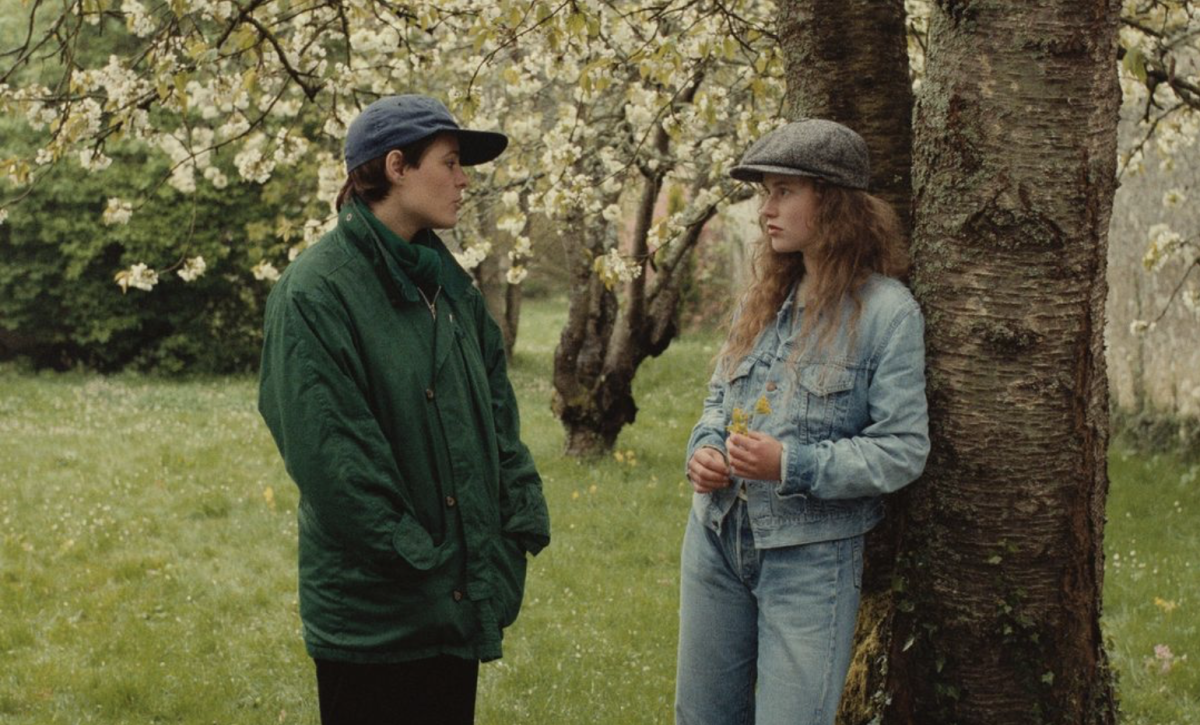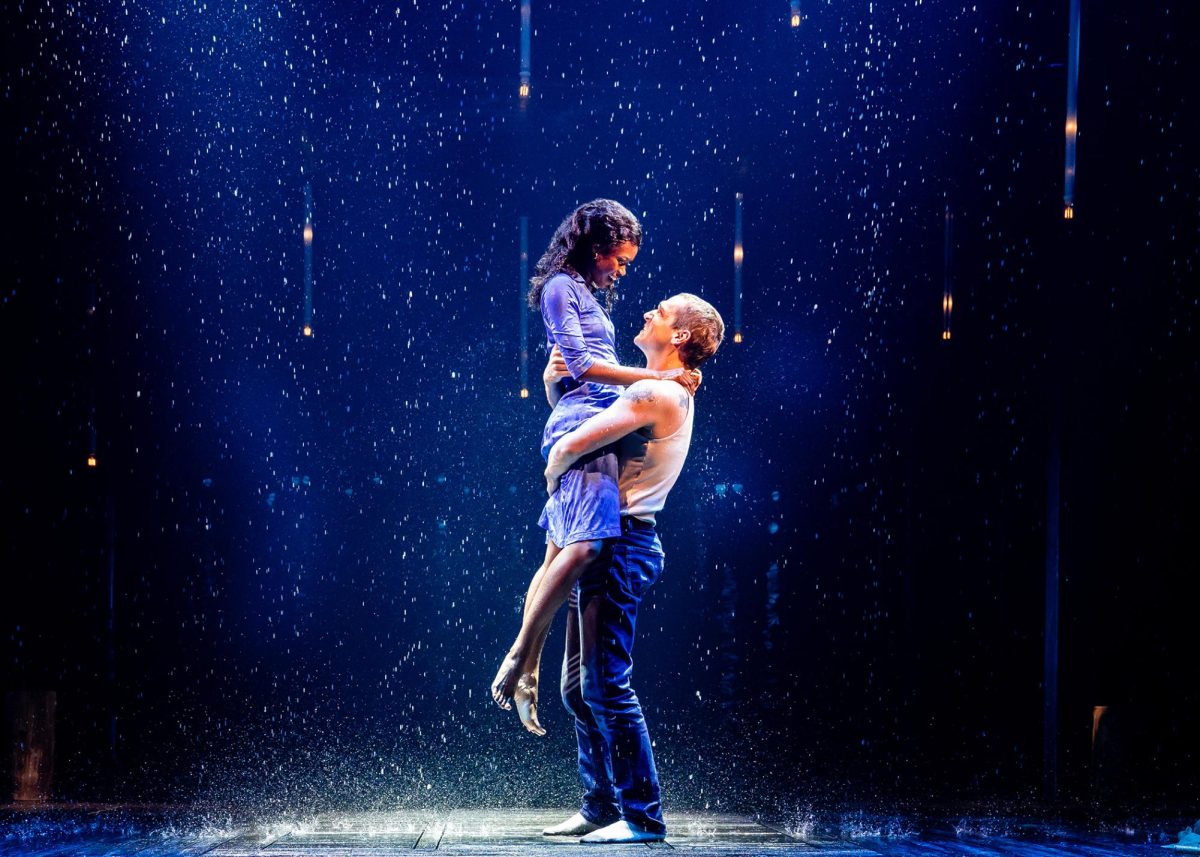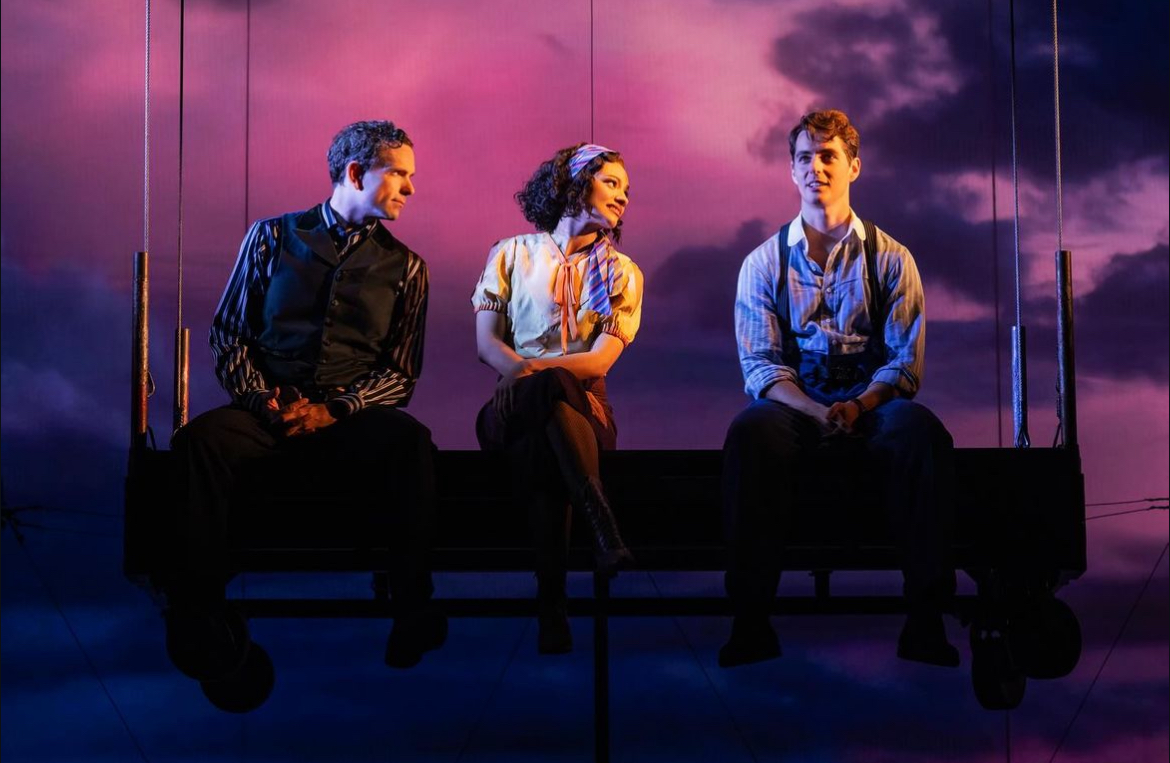On the 8th of October, 1985, “Les Misérables” opened on London’s West End. The newly translated version, taken from the original French rendition that premiered in Paris in 1980, originally received mixed reviews from critics. At the 40th Anniversary Gala in London on the musical’s anniversary, Trevor Nunn, the original co-director of the first English version of the show, described “two thumbs down” from the press in the show’s first weeks. Audiences were initially perturbed by the nearly three–hour runtime and dense source material. Based on those first few weeks, no one—not even the cast, or primary producer (and theater legend) Cameron Mackintosh—could have predicted what great heights the musical would achieve.
In addition to being the longest–running musical in the world, “Les Misérables” was also nominated for 4 Laurence Olivier Awards in 1985, one of which was won by Patti LuPone for her performance as Fantine. In 1987, when the new hit transferred to Broadway (where it would spend 15 years), it earned 10 Tony nominations. Of those, it took home the awards for Best Musical, Best Book of a Musical (Alain Boublil and Claude-Michel Schönberg), Best Original Score (Claude-Michel Schönberg (music) and Herbert Kretzmer & Alain Boublil (lyrics)), Featured Actor in a Musical (Michael Maguire), Featured Actress in a Musical (Frances Ruffelle), Best Direction of a Musical (Trevor Nunn and John Caird), Best Scenic Design (John Napier), and Best Lighting Design (David Hersey).
Needless to say, the musical became a massive success in the first few years after its first public premiere.
In 2012, the musical celebrated a very unique achievement—the release of the “Les Misérables” film, starring Hollywood big shots like Hugh Jackman, Russell Crowe, Anne Hathaway, Amanda Seyfried, Eddie Redmayne, Broadway baby Aaron Tveit, and “Les Misérables” stage alum Samantha Barks.
On Oct. 8th, 2025, “Les Misérables” celebrated its 40th birthday by hosting an extravagant Gala performance, featuring performances from original cast members and speeches from members of the original behind–the–scenes team that brought the musical to London—and the world. While this gala was described as a once–in–a–lifetime event by many fans of the musical, it was far from the first time “Les Misérables” has been publicly celebrated in this way. In 1995, for its 10th anniversary, there was a filmed concert–style celebration at the Royal Albert Hall. In 2010, for its 25th anniversary, there was another performance of the same type—but this time around, they managed to snag stars like Nick Jonas, who previously played Gavroche in the Broadway production as a child, and “Les Misérables” starlets like Alfie Boe, Lea Salonga, Norm Lewis, and Samantha Barks. In 2019, there was yet another staged concert, starring Boe reprising his role as Jean Valjean and Michael Ball, the West End’s original Marius, in the role of Javert.
One thing that each of these performances has in common, besides the obvious content being performed, is the iconic post–show extras. The 40th Anniversary gala was no different. It featured extensive additional performances and bonus segments after the show itself was over, with a mass of cast members collected onstage. The previously mentioned co-director, Nunn, was joined onstage by original lyricist and composers, Schonberg and Boubil. Together, the three men recounted the uncertainty of the production of “Les Misérables.” They shared comical anecdotes of the assumed impossibility of the musical’s success, recounting how it was the passion and confidence of famed theater producer, Cameron Mackintosh, that drove the show onto a West End stage.
In addition to the speeches, the extra performances also featured several iconic returns to many of the show’s roles. Many original cast members returned to the “Les Misérables” stage, including Patti LuPone (Fantine), Michael Ball (Marius), Frances Ruffelle (Éponine), and Susan Jane Tanner (Madame Thérnadier). It also features three separate multi–generational mashups. First, Ball reprised his role as Javert and was joined by 6 others—including the current performer in the role, Bradley Jaden—to perform “Stars.” Next, a collection of past Éponine/Fantines, including the West End originators of the roles, were joined by stars like Hall, Barks and Carrie Hope Fletcher to sing a mashup of “I Dreamed a Dream” and “On My Own.” There was a necessary moment of levity when, donning a wig, Matt Lucas appeared as Madame Thérnadier as he was surrounded by women famous for the role, who took over the part of Thénardier himself in a genderbent roof–raising performance. Finally, as expected, the night ended with a tear–jerking rendition of “Bring Him Home” by a quartet of Jean Valjeans. The number was ended by Boe, performing his iconic key change to complete the final verse of the ballad.
Many have asked why, of all musicals, “Les Misérables” is the one that has stood the test of time. While there is no concrete way of answering this question, one must admit that there is a timeless quality about the sheer humanity that grounds every moment of the show, from the comedic to the tragic. From sweeping themes of love and redemption to the much more real–world struggles of political upset and class injustice, there is something for everyone in a show like “Les Misérables.” For longtime fans, the novelty of constant rotation within the cast makes it an endlessly entertaining show to watch—especially when the concert anniversary performances allow such a wide audience to recognize the different highlighted performers for their work in a certain role.
With its half–century marker in sight, fans can only hope that, in 2035, there may be yet another of these performances. Needless to say, if the 40th anniversary is any indication, the show won’t be leaving the Sondheim theater on the West End any time soon. Sold out over a year before the performance date itself, the fans continue to show up for “Les Misérables”—and if the past 40 years are any indication, they always will.

